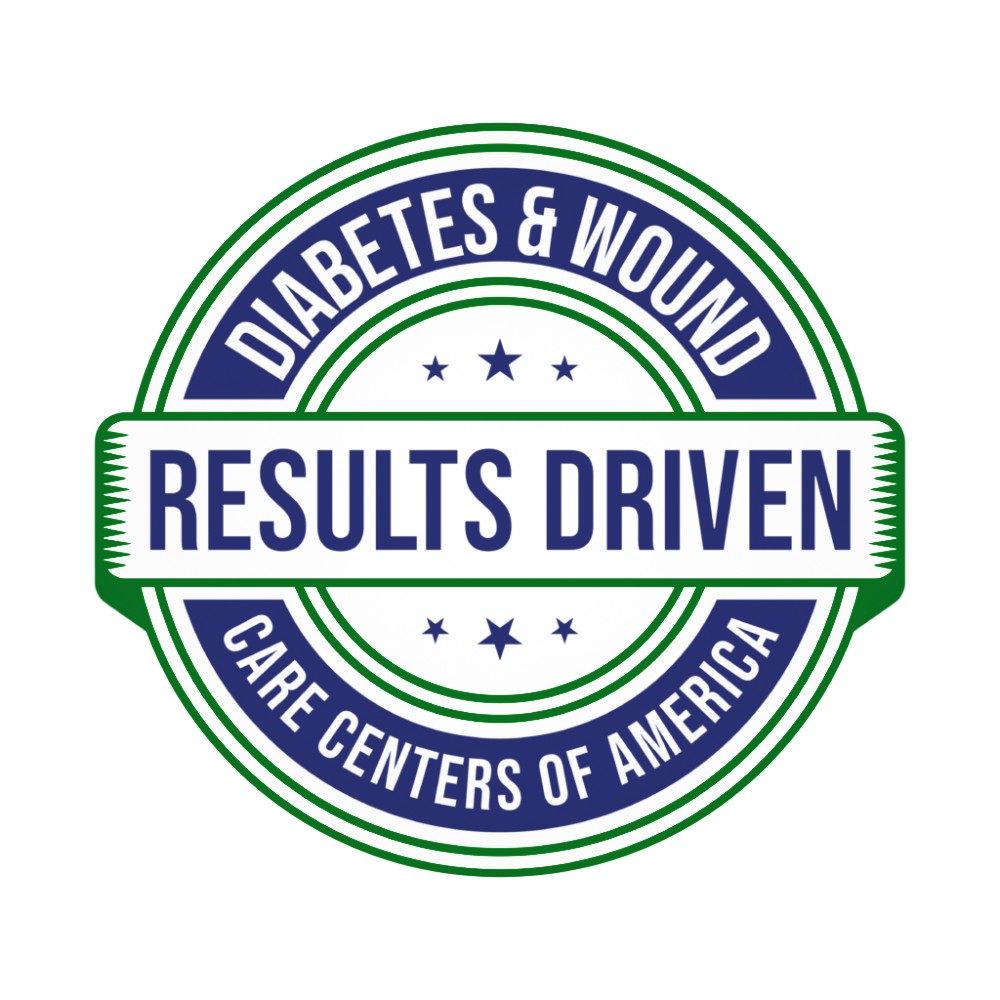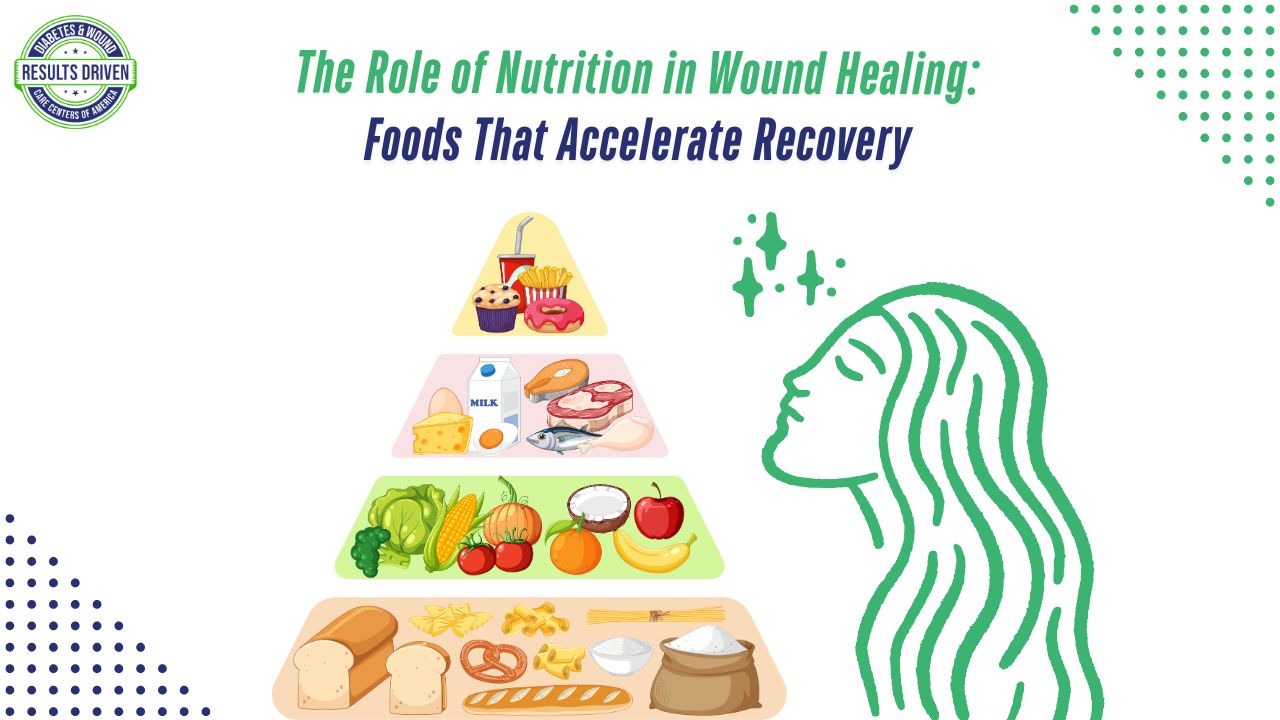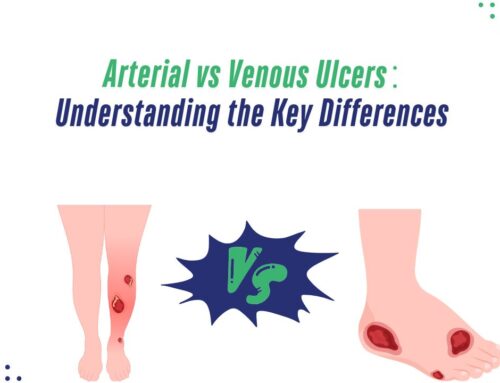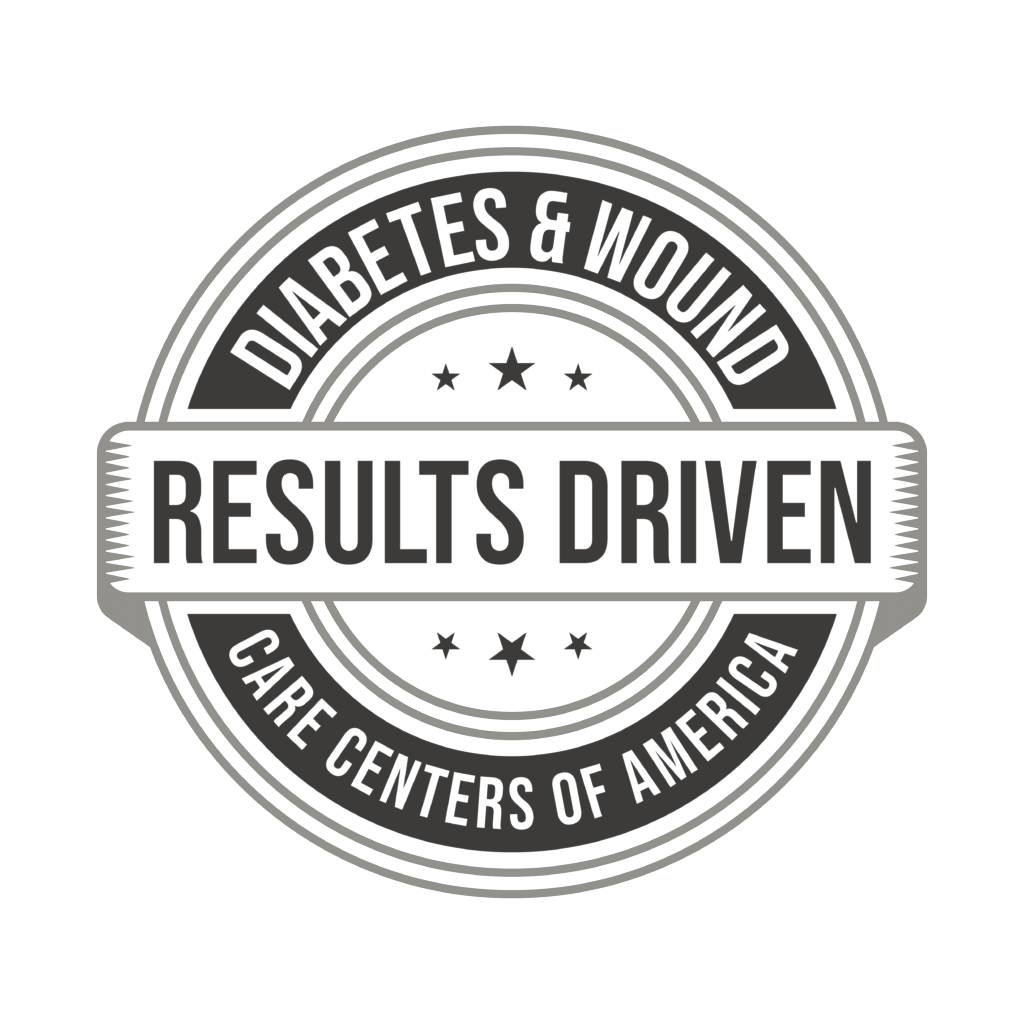The Role of Nutrition in Wound Healing: Foods That Accelerate Recovery
Did you know that your diet plays a crucial role in how quickly and effectively your wounds heal? Healing isn’t just about proper treatments and wound dressings—it also depends on the nutrients you provide your body. The right foods can speed up tissue repair, lower the risk of infection, and even reduce scarring. Without proper nutrition, even the most advanced medical care may not be enough to support optimal healing. If you want to recover faster and more efficiently, understanding the link between food and wound healing is essential.
How Nutrition Supports Wound Healing
Healing is an energy-intensive process that requires your body to work harder than usual to repair damaged tissues, fight off infections, and restore strength. Without the right nutrients, this process can slow down, leaving wounds open to complications.
Proper nutrition fuels the body’s repair mechanisms by supplying the necessary energy to support tissue regeneration, collagen formation, and immune responses. Every stage of healing, from inflammation to new tissue growth, relies on the availability of key nutrients. A well-balanced diet also strengthens the immune system, reducing the likelihood of infections that could delay recovery. In addition, certain nutrients help control inflammation, which, when left unchecked, can interfere with the healing process.
Key Nutrients for Wound Healing
The body needs a variety of essential nutrients to accelerate wound healing. Each plays a unique role in tissue repair, immune function, and overall recovery.
Protein: The Building Block of Recovery
Protein is one of the most critical nutrients for wound healing. It supports tissue repair, helps in collagen formation, and prevents muscle loss during recovery. Without adequate protein intake, wounds take longer to close, and new tissue growth is compromised. Excellent sources of protein include lean meats, poultry, fish, eggs, dairy products, beans, lentils, and nuts.
Vitamin C: Collagen’s Best Friend
Vitamin C is vital for collagen synthesis, which strengthens the skin and aids in tissue repair. This vitamin also protects cells from oxidative stress, preventing further damage to the wound area. Foods rich in vitamin C include citrus fruits, strawberries, bell peppers, and spinach.
Zinc: The Wound Healer
Zinc plays a fundamental role in cell growth, immune function, and enzyme activity, all of which speed up the healing process. Deficiencies in zinc can lead to delayed wound closure and an increased risk of infection. Good dietary sources include shellfish, seeds, nuts, whole grains, and legumes.
Vitamin A: Supporting Tissue Formation
Vitamin A contributes to skin integrity by promoting cell growth and maintaining healthy tissues. It is essential for reducing inflammation and aiding in new skin formation. Foods such as carrots, sweet potatoes, kale, and liver provide excellent sources of vitamin A.
Omega-3 Fatty Acids: Fighting Inflammation
Chronic inflammation can slow the healing process, making omega-3 fatty acids particularly beneficial. These healthy fats help control inflammation and support immune function. Fatty fish like salmon, flaxseeds, and walnuts are excellent sources of omega-3s.
Iron: Boosting Oxygen Supply
Oxygen is necessary for cellular function and tissue repair, and iron helps transport oxygen throughout the body. Low iron levels can lead to poor wound healing and prolonged recovery times. You can get iron from red meat, spinach, lentils, and fortified cereals.
Foods That Accelerate Recovery
Incorporating certain superfoods into your diet can give your body the extra boost it needs for efficient wound healing. Bone broth, for example, is packed with collagen and amino acids that support tissue regeneration. Berries provide antioxidants that combat oxidative stress and inflammation. Avocados are rich in vitamin E and healthy fats that promote skin repair and cell growth.
Staying hydrated is another essential aspect of wound healing. Proper hydration improves blood circulation, ensuring that essential nutrients reach the wound site. Drinking plenty of water, herbal teas, and nutrient-rich soups can aid in keeping your body well-hydrated and nourished.
Optimizing Your Diet for Faster Healing
To maximize your body’s ability to heal, focus on eating a well-balanced diet that includes a variety of nutrient-dense foods. Your meals should include a combination of proteins, complex carbohydrates, healthy fats, vitamins, and minerals. Avoid processed foods and sugary snacks that offer little nutritional value and can contribute to inflammation.
If getting enough nutrients from food alone is challenging, consider taking supplements under the guidance of a healthcare provider. Supplements such as vitamin C, zinc, and protein powders can help fill any nutritional gaps and support your body’s healing process.
The Power of Food in Healing
Healing is not just a surface-level process—it begins from within. The nutrients you consume act as building blocks for tissue repair, immune function, and overall recovery. Whether it’s the protein in your morning eggs, the vitamin C in your afternoon orange, or the omega-3s in your evening salmon, every bite can make a difference in how your body heals.
Proper nutrition is not just a support system for recovery; it is an active catalyst for healing. By fueling your body with the right foods, you give yourself the best chance at a faster, smoother recovery. Don’t underestimate the power of good nutrition in the healing process—your body depends on it. Prioritize your diet, nourish your wounds, and witness the incredible impact of proper nutrition on your recovery journey.
